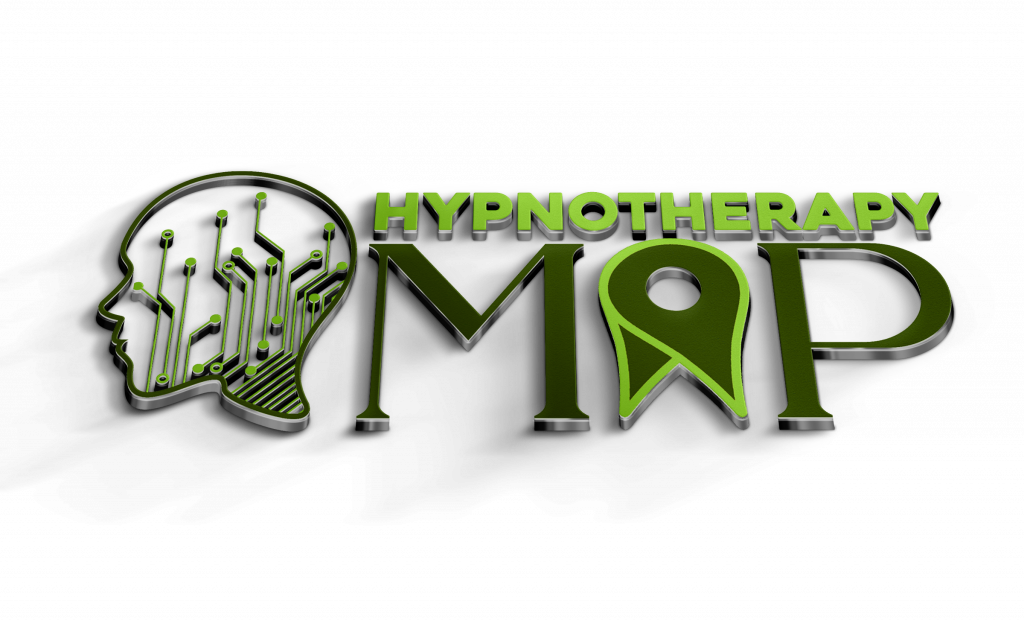
“There cannot be a crisis next week. My schedule is already full”
Henry A. Kissenger
Stress & Anxiety
What is Stress?
The HSE in the UK defines stress as
“the adverse reaction people have to excessive pressure or other types of demand placed on them”
People feel stress when they are not able to cope with demands placed on them and the effects can be physiological, mental and behavioural. This is not a measure of how strong someone is, rather how they process the situation that is causing stress.
Everyone experiences stress at points in their life and in most cases this is short term and tied to particular events. Some people thrive on stress whilst others prefer less stress in their lives.
Over time larger issues can start to arise when the stress someone experiences is longer term or linked to a major life event.
Stress in itself is not a problem nor illness, however the perception and subsequent reaction someone takes to the source of the stress can lead to illness. Because of this stress can affect your overall mental wellbeing.
What is anxiety?
Anxiety is often considered to be closely linked to stress but in reality is only linked in so much as sources of stress can be a trigger or anxiety can create stress within the body. Anxiety is a feeling of unease or worry surrounding something which can be real or perceived. It is a natural survival instinct in humans to detect threats and take action around them. Anxiety operates by thinking of future events and considering an undesirable outcome. Most people will experience it in a mild form at some time in their life.
There are different types of anxiety disorders, such as social anxiety, OCD (obsessive compulsive disorder) and PTSD. In these cases the anxiety becomes overwhelming and starts to impact everyday life. In addition the person may not even be able to identify the source of the anxiety and just experience a general feeling of worry or dread.
How can Hypnotherapy help?
Some hypnotherapists specialise in helping people living with anxiety disorders. For issues related to trauma it is wise to ensure your chosen professional is experienced or specially trained in dealing with it.
Hypnosis can assist in many ways. Depending on the source of the stress/anxiety the hypnotherapist may work on tools and techniques to help you relax and deal with situations more effectively. They may also look to tackle the source of the issue within your own mind by identifying beliefs or issues which are impacting your stress levels and anxiety.
What to look out for in myself and others?
You might know when you are under chronic stress or spot it in others very easily as you may know the signs very well. Other times we are caught up in the situation and have not noticed the impact on ourselves. The signs of stress can be very varied and personal but common effects to look out for are:
- Physical signs such as fatigue, headaches, tight or tense muscles or change in appetite.
- Mental signs such as brain fog, chronic worrying, ‘busy’ mind which won’t switch off or difficulty with making day to day decisions.
- Emotional signs such as inappropriate levels of anger, irritibility, ‘wound-up’ or the flip side of being nervous, anxious and fearful. Depression and lacking a feeling of enjoying life or losing your sense of humour.
